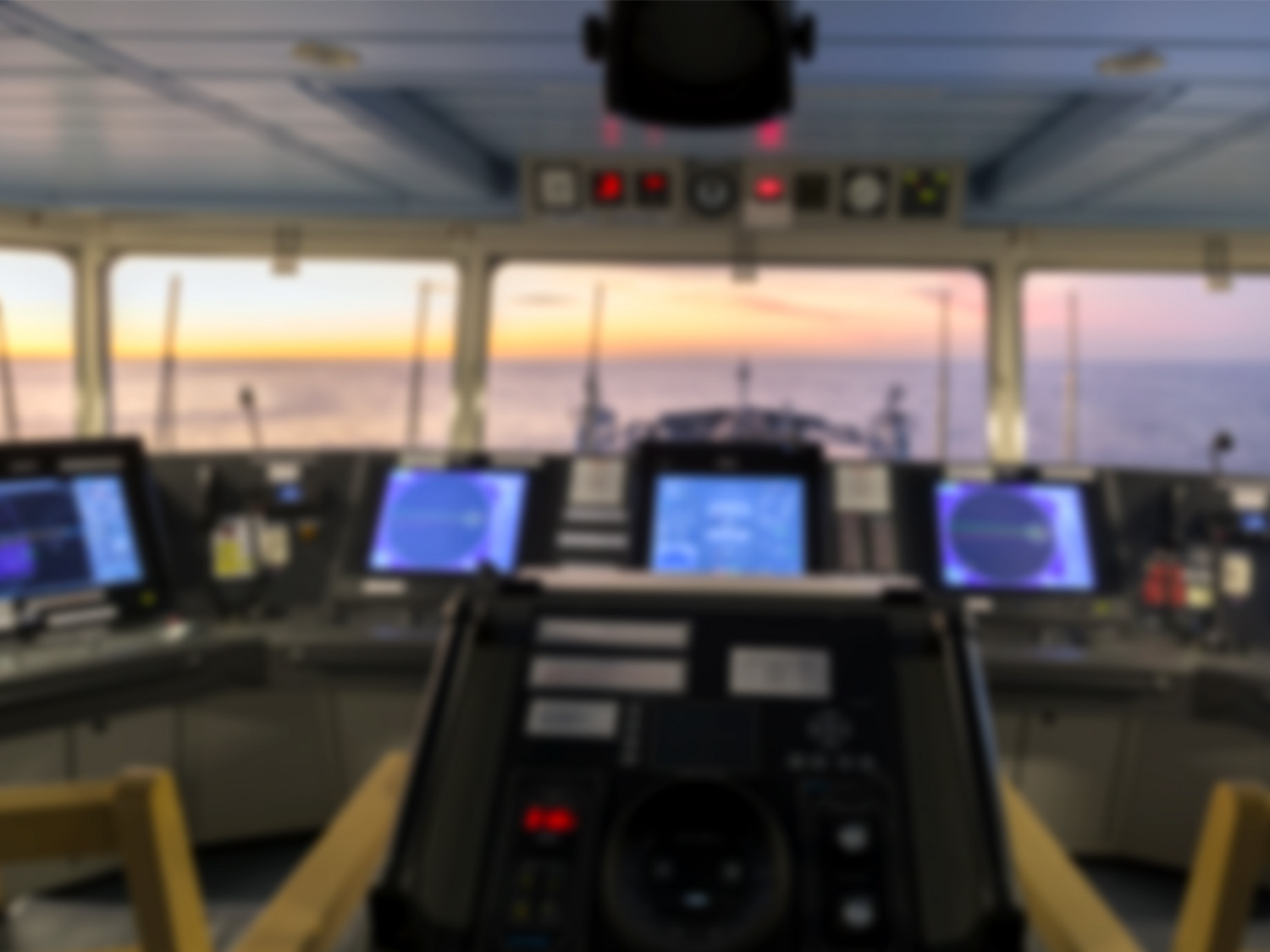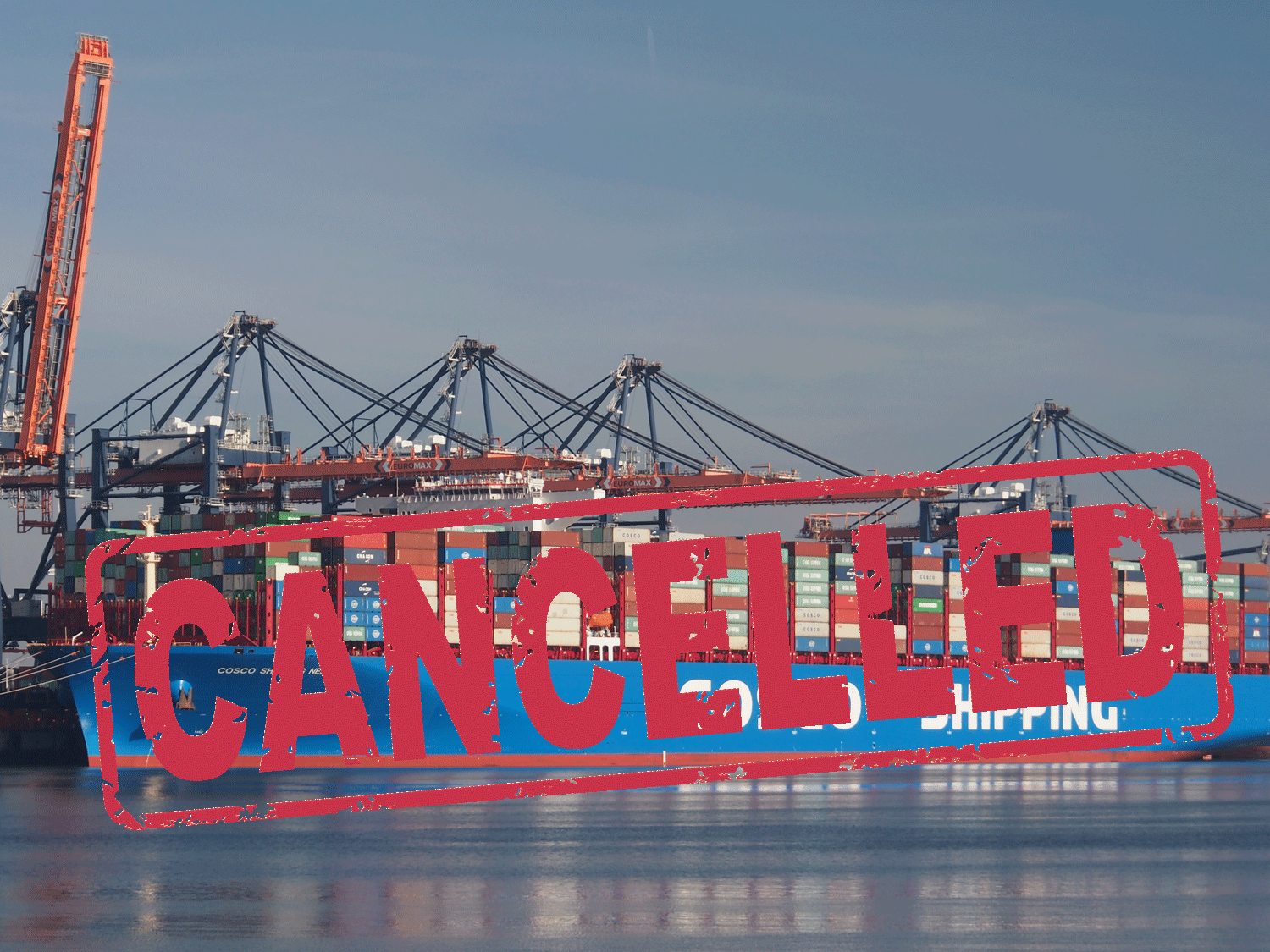Despite coalition military action, Houthi rebels continue to attack commercial shipping and with container shipping line’ schedules showing Cape of Good Hope routing for vessels into early February and beyond, it is clear that they do not expect short-term access through the Suez Canal and Red Sea route.
There have been very few attacks directed at container vessels over the last seven days, so gladly we have little to report on specific incidents.
However, the vast majority of container vessels are no longer transiting the Red Sea, so in essence there are far fewer potential targets to attack, which has resulted in bulk vessels, tanker and naval vessels being the focus of recent missile and drone launches.
The situation continues to develop every day and we will continue to advise and update, but with the amount of container traffic now avoiding the area of conflict we do not anticipate much direct information on missile strikes against container vessels.
The shipping lines continue to announce surcharges for cargo on vessels affected by the diversion from Suez, as well as those that aren’t, and while the SCFI spot rate index from Asia to N.Europe is up over 200%, its rate of growth has slowed.
In addition, we have now been notified of at least four RoRo carriers rerouting vessels away from the Red Sea and also surcharges are being announced by this mode of ocean freight over recent days, that we will continue to share with our clients utilising these vessels.
The challenges continue to expand across global shipping in all formats.
Equipment
Re-routing container ships around the Cape of Good Hope instantly delayed afloat shipments to Europe and the US East Coast by 5-14 days. And this is without considering the ‘pause’ where vessels were held or diverted, which could have added another 15 days to the transit on top of the longer journey times.
With almost 400K TEU returning to the Far East every week, the lost two weeks sailing round-Africa means that around 800K TEU will not now arrive in time for the Chinese New Year peak, which will create shortages in key locations.
Time-critical shipments
Air freight rates out of Asia are likely to surge in the coming weeks as European importers seek an alternative option to avoid ocean equipment shortages, delays in transit, and schedule disruptions brought on by the Red Sea shipping crisis.
We anticipate that time-critical modes will begin to have their own challenges with demand of converted distressed ocean freight movements, as shippers need to repair low inventory levels to maintain sales and/or production schedules.
It has already been widely publicised that several automotive OEM’s will halt production due to a lack of components – including Tesla, Suzuki and Volvo at several of their European plants.
UK/European and Global port congestion
Despite the fears of delayed vessels arriving en-masse, leading to congestion, the feedback we are getting from the container ports, including Felixstowe, Southampton and London Gateway, is largely positive.
With vessels held in the Red Sea area and then diverted around the Cape of Good Hope (COGH) there has been a two-week service slide, which does mean delays to vessel arrivals, but a fairly consistent schedule of ships (though 10 to 14 days behind pro forma arrival).
Carriers are booking their berth slots +10 days later than the pre-diversion estimate on an ongoing basis and the ports are not anticipating any immediate berth congestion, with vessels due early January now arriving next week. Followed by vessels 10+ days off original schedules, on an ongoing basis.
This means a low impact on operations, without too many ships arriving at the same time and being held out due to berth availability, though some bunching is expected towards the end of January.
The primary UK container ports can comfortably handle two or more Ultra Large vessels at the same time and in most cases the container stacks are relatively light with low dwell times, which means they have the space to handle any influx of containers.
UK Haulage remains quiet and while there will be increased pressure when vessels arrive, the level of business arriving is not expected to challenge, other than urgent cargo and completing moves within the restricted free-time periods.
To mitigate any impact the shipping lines will be working with port operations to create a plan to get their vessels through in good time and will adjust earlier calls accordingly.
This model and planning seems to be emulated throughout the global ports infrastructure and currently most of the international port operators and local organisations seem confident they will be able to cope with and accommodate the disrupted schedules and arrivals and departures of vessels.
We will discover if this optimism comes to fruition over coming weeks in Europe, Asia and The Americas and we continue to monitor the situation on an end to end basis. History would suggest the sailing will not be quite as smooth as predicted. We will keep you advised of developments.
Short-term outlook
For Asia/Europe services the 11 week sailing rotations are becoming 13/14/15 week rotations due to an additional 10 days Westbound and again on the Eastbound leg, which carriers are mitigating by introducing additional tonnage, to maintain weekly calls.
Any concern is more linked to the return of the Suez transit, as subject to timing the ports foresee the potential for berthing pinch points in Europe and/or the Far East as the vessels diverting back clash with those routed via Africa. However, any impact will be subject to timing, given the Chinese New Year period is also ahead.
In summary, cargo/vessels will arrive later than scheduled, but now the Cape diversion is becoming normal and UK ports are not expecting any immediate concerns until the return to Suez transit commences.
Also with other conflict beginning to break out on a wider regional level with Iran launching attacks on Iraqi, Pakistani and Syrian militant group targets over recent days, along with the continuing Israel/ Gaza conflict we will ensure we advise on any wider impact on global logistics and supply chain disruption outside of the direct container vessel attacks.
Unfortunately this looks likely to escalate further.
Other trade lanes and impact/challenges that are developing around the world
As we have been advising and explaining since the outset of the current crisis in the Middle East, this will evolve into issues occurring in markets not directly related to the transit of the Red Sea.
We are now beginning to see carriers implementing various unconditional surcharges on other routes such as the transAtlantic trade, Australasia from Asia, transPacific and other more niche markets.
The carries advise that equipment is being redirected back to Asia from these lanes so there is an issue with container availability, vessels are being ‘cascaded’ onto longer transit routes resulting in lower supply of container ships on unrelated trades and a plethora of other reasons resulting in higher operating costs and disfunction.
We will advise and update on all lanes that have been or will be affected as we are notified. We obviously try to avoid any additional costs and negotiate, reason and reject all increases using logic and relationship management where we can – however this is not always successful.
We will ensure that advice is delivered constantly to you on this aspect of the services and we are conscious of the critical nature of price fluctuations.
What can you do to mitigate impact and assist us in delivering to deadlines?
The more visibility that we have of your urgent shipments and the understanding of priority movements that have a deadline, the better we can provide a tailored solution and outcome to ensuring that expectations are met.
We encourage, request and will assist in plotting forecasts for you ideally with as much foresight and planning as possible. In addition we expect to see air freight and sea/ air become much more prevalent, and in fact we already have seen a 50% increase in volumes by these modes, over coming weeks.
If you have urgent shipments we can work on all options driven by the timelines and ensure that the lowest cost alternative solution is used and that we place extra scrutiny and milestone management on each movement.
Please do share your forecasts and we are keen to discuss the specific plan for all shipments over the next month and beyond to ensure we have one view and full understanding of everything that is currently or planned to enter the supply chain for you.
The window for booking air freight ahead of Chinese New Year is closing over the next couple of weeks and we expect air cargo rates to increase out of China, which is why we would urge you to contact us without delay, so that we can book your aircraft space and services at the best possible rates for your time-critical cargo.
Please do provide forecasts for all of your known logistics movements over coming weeks and months – this is an essential tool for us to manage your freight and your expectations.
An additional 10 days ocean freight transit is manageable for most shippers, but we are already getting reports of container shortages and it is essential that you share your shipping forecasts, so that we can reserve the equipment you need, when you need it.
If you have any questions or concerns about the impact of the Suez situation on your Asia supply chain, or would like to discuss its wider implications, please EMAIL our Chief Commercial Officer, Andy Smith.





